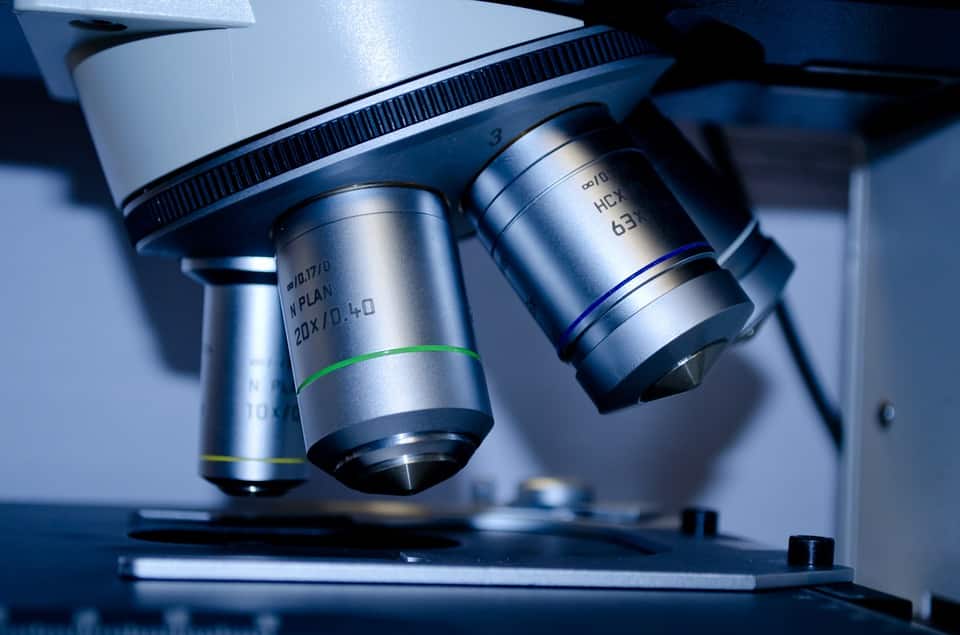Stroke medication developed by Hungarian research group is in clinical trial phase

The Motor Pharmacology Research Group at Eötvös Loránd University developed medication for the treatment of permanent muscle stiffness and spasms caused by damage or disruption to certain areas of the brain and spinal cord. An international patent protects the active agent: with its innovative research, the Hungarian research group managed to precede the world’s leading American institute.
According to 24, Hungarian medicines often only reach the pre-clinical phase, so the ‘MPH-220’ active agent developed by the Motor Pharmacology Research Group at Eötvös Loránd University can be considered a successful exception. Within a few years, ‘MPH-220’ can become a useful tool in the treatment of patients facing stroke recovery and suffering from painful muscle spasms.
The first phase of clinical trials testing the safety of the active agent will be performed in Hungarian hospitals. According to the agreement signed in May, the research is funded by the National Research, Development and Innovation Office. After the production of the active substance, it will be tested on healthy patients to determine the safe dose of ‘MPH-220’. The clinical trials in human subjects will start next year.
What is a stroke?
Stroke is a cerebrovascular disease; it is an abrupt interruption of constant blood flow to the brain that causes loss of neurological function. Rapid treatment is vital to prevent severe and permanent damage. The disruption of blood flow can be caused by a blockage, leading to an ischemic stroke, or by bleeding in the brain, leading to a haemorrhagic stroke.
Approximately 30% of the patients experience muscle stiffness or even muscle spasms, causing uncontrollable muscle contractions. The condition in which muscles stiffen or tighten, preventing normal fluid movement is called spasticity. This lifelong and often deteriorating condition is affecting 50−60 million people worldwide.
The muscle relaxants currently being used are only effective in 25-30% of the total number of patients.
In 2018, the Motor Pharmacology Research Group led by Dr András Málnási-Csizmadia patented the new active agent called ‘MPH-220’. “While the drugs currently on the market affect the nervous system, ‘MPH-220’ directly affects proteins responsible for muscle contraction,” explained the professor. Experimental results show that the new active agent can stop abnormal muscle contractions of limbs without affecting the cardiac or vascular muscles; therefore, it does not cause any circulatory problems.
The new promising Hungarian medicinal substance is already under legal protection; the owner of the patent submitted by the research group is Eötvös Lóránd University and its old partner of innovation, Printnet Kft. (Ltd.).
An American group also developed a similar molecule independently, but they registered their patent two months later, so the international priority now belongs to the Hungarian research team.
This is a huge success for Hungarian innovation and medicine as well.
“It is a great lesson for us scientists that patenting is not a joke. You have to act early. If we had not patented the active agent in time, all those years of hard work, research and money would have been wasted. This is a very significant result, which cost about € 8 Million so far, a significant part of which was provided by the National Research, Development and Innovation Office and our own investments. Eötvös Loránd University provides us with a lot of help as well, and the Hungarian Academy of Sciences provided most of the funding for research,” said András Málnási-Csizmadia.
Source: 24.hu



